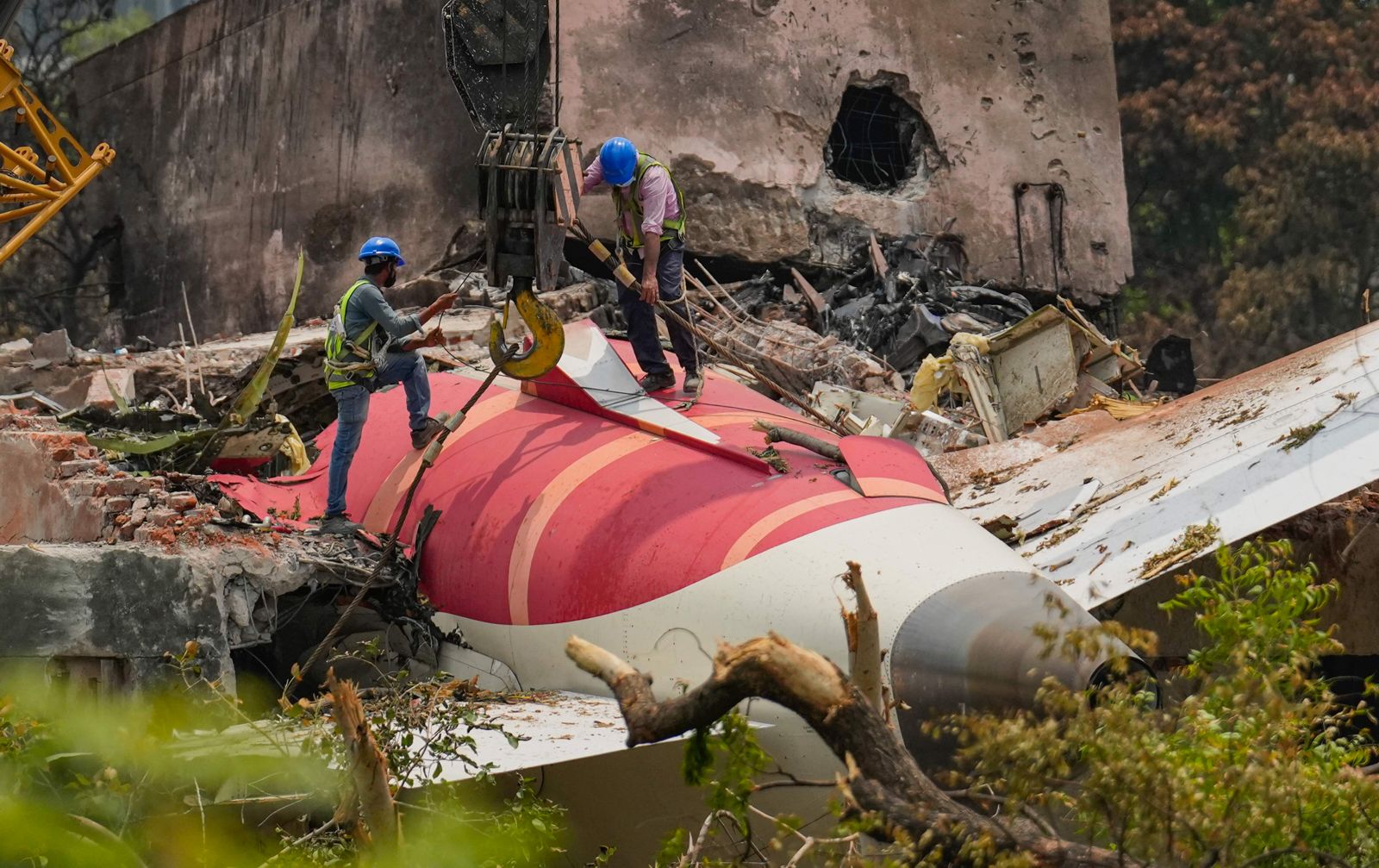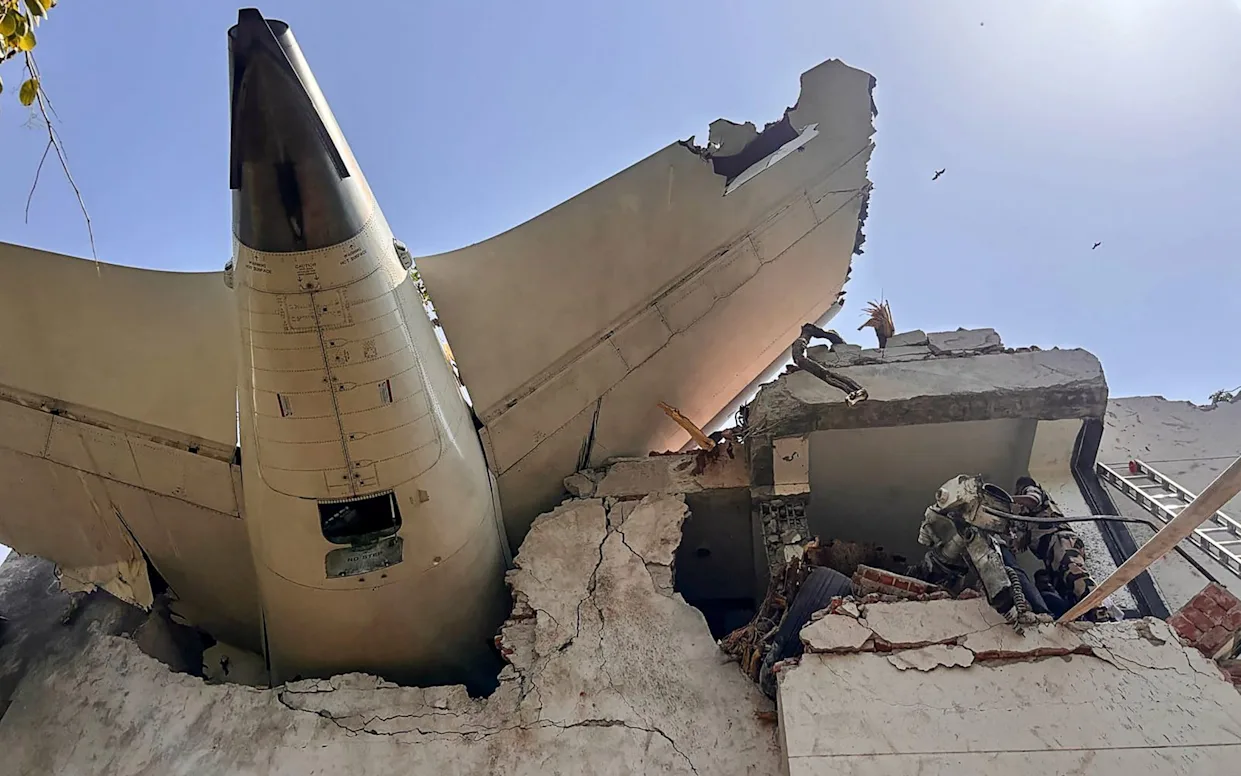Early assessments from U.S. officials suggest that the captain of the Air India flight that crashed on June 12 may have intentionally or mistakenly moved the fuel switches to a position that starved the engines.
A cockpit voice recording reportedly captured the first officer questioning the captain’s action and requesting that he restore fuel flow. Although there is no video evidence confirming who flipped the switches, the cockpit dialogue leans toward the captain being responsible.
AAIB Cautions Against Early Conclusions as Crash Sequence Points to Engine Power Loss
India’s Aircraft Accident Investigation Bureau (AAIB), leading the investigation, emphasized that it is still too early to determine the cause. While international media reports suggest pilot error, the AAIB has criticized such coverage as selective and unverified.
The preliminary report does not confirm which pilot made which comment, and investigators are still analyzing how the fuel switches were changed from “run” to “cutoff” seconds after takeoff.

Shortly after takeoff, the Boeing 787 lost engine power, triggering the deployment of a ram air turbine. The plane rose to just 650 feet before losing thrust and beginning to descend. Although the fuel switches were returned to “run” and the engines attempted to restart, the aircraft was too low and slow to recover. It crashed into a building on a medical college campus, killing 260 people, including 19 on the ground.
No Mechanical Issues Found, Experts Suggest Human Error Behind Air India Crash
According to Air India’s CEO and the AAIB’s initial report, no mechanical or maintenance issues were found with the aircraft. Consequently, there were no safety recommendations issued for Boeing or the engine manufacturer GE. U.S. agencies, including the FAA and Boeing, affirmed the safety of fuel switch locking mechanisms, and the NTSB has been closely involved in analyzing flight data and cockpit recordings.
Aviation experts, including John Nance, argue that the crash likely resulted from human error, pointing to the circumstantial evidence of switch manipulation. However, investigators caution against drawing early conclusions, as multiple factors are usually involved in such accidents. The incident has reignited calls for cockpit image recorders to supplement voice and data recordings, which could provide clearer insights in future investigations.












Leave a Reply